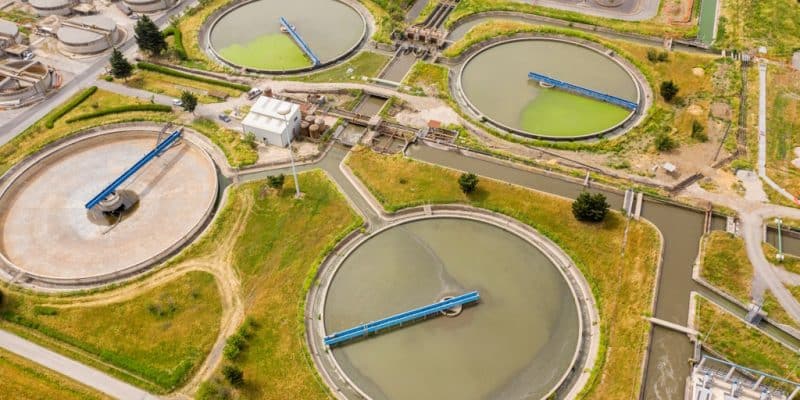Algeria's historic drought looks set to become even more difficult over the next few years. To ward off low rainfall, the Algerian government is multiplying alternatives, the most recent of which is the Special Program for the reuse of 60% of treated wastewater in the agricultural sector by 2030. The initiative, unveiled on February 8, 2024, will be implemented in several phases.
This is good news for farmers in Algeria. In exactly six years’ time, 60% of the water used for irrigation should come from wastewater treatment plants. This will be thanks in no small part to the Special Program for the Reuse of Treated Wastewater, heard and adopted by the Housing, Equipment, Hydraulics and Regional Planning Commission of Algeria’s National People’s Assembly (APN) on February 8, 2024.
The initiative, which is intended to be of prime importance, comes at a time when the drought situation has become dramatic for several agricultural sectors in the North African country, notably cereal growing, arboriculture and so on. A constant water supply is therefore essential for crops.
The first phase of the program, which will run over the years 2023, 2024, 2025 and 2026, will see the rehabilitation of several agricultural, industrial and urban wastewater treatment plants, and the conveyance of treated effluent to agricultural areas, following the example of the Green Dam and the irrigation of green spaces in Algeria. “This special program takes into account all the wastewater treatment plants in the wilayas of El Taref, Annaba and Mila, which are of concern to the APN’s Habitat, Equipment, Hydraulics and Regional Planning Commission”, explains Bessma Azouar, Algeria’s Minister for Relations with Parliament.
An initial investment of 235 million euros
This part of the program also includes the integration of tertiary systems at certain treatment plants. An initial investment of 34 billion Algerian dinars (around 235 million euros) has been approved to finance the entire project. The Algerian Ministry of Hydraulics is currently preparing the technical files and invitations to tender for the hydraulic program. A second phase of the program will run until 2030. Details have yet to be worked out.
The Algerian Minister of Hydraulics, Taha Derbal, also reported on other projects underway in Algeria to deal with water stress. These include the project to connect the El-Allalig wastewater treatment plant to the Sider steel complex, as part of the “Study and rehabilitation of the Annaba wastewater treatment plant and improvement of wastewater collection and transfer facilities for treated wastewater to the Bounamoussa agricultural area and the El Hadjar steel complex” program.
Ultimately, this other project will supply 30,000 m3 of water per day to the Sider El-Hadjar complex, extendable to 60,000 m3 per day, as well as 20,000 m3 per day for irrigation in the Bounamoussa region around El-Bouni, and 30,000 m3 per day around El Hadjar to irrigate over 2,300 hectares of farmland. There are also plans to build three wastewater treatment plants in the south of the Mila wilaya, at Teleghma, Tadjenanet and Chelghoum Laid, to reinforce the protection system of the Beni Haroun dam. The 118 m-high dam has a storage capacity of 960 million m3.
Read Also – ALGERIA: 16 new plants to treat wastewater in response to water stress
All these installations will support the existing ones in Algeria. Ranked 29th in the world for water stress and in the “red zone” according to the World Resources Institute (WRI), Abdelmadjid Tebboune’s country is also banking on seawater desalination to alleviate water shortages. By 2030, the Algerian authorities aim to cover 60% of its drinking water needs with seawater desalination.
Inès Magoum







